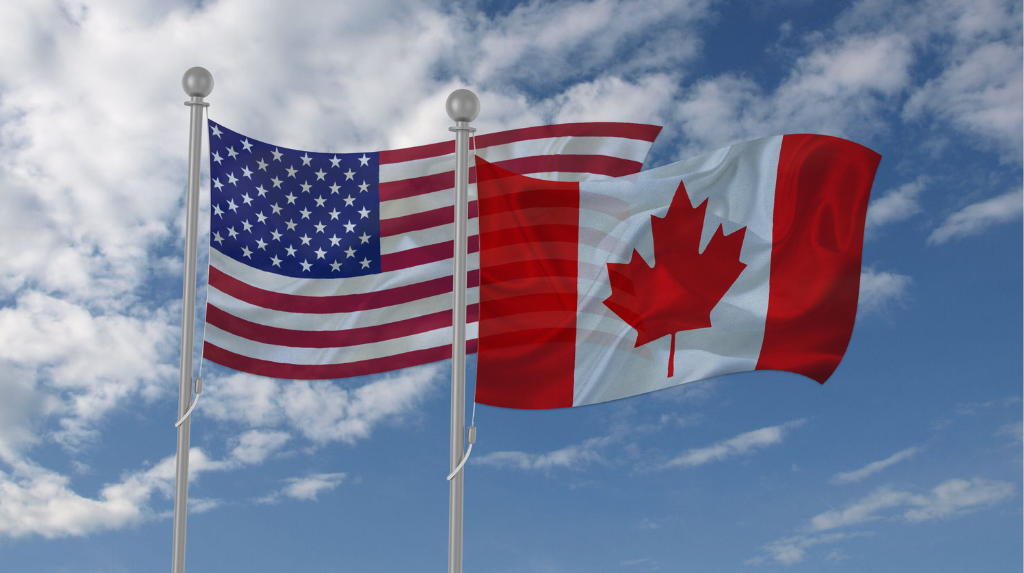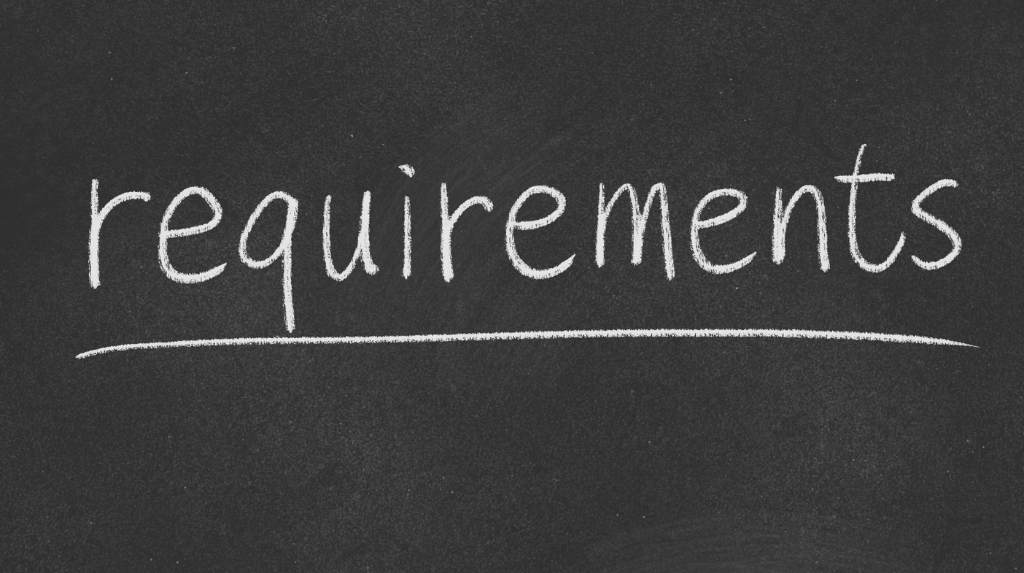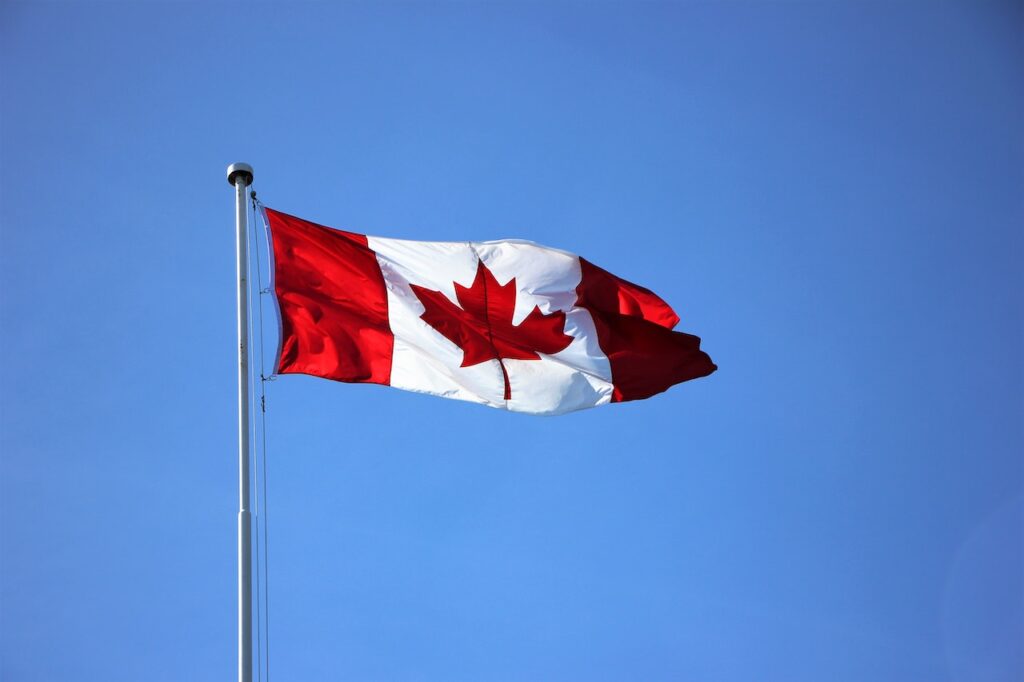Which visa is harder to get, Canada or the USA? In this comprehensive guide, we will delve into the intricacies of the visa processes for both Canada and the USA, exploring the factors that contribute to the perceived difficulty in obtaining visas for these two neighboring countries. By understanding the nuances of each immigration system, individuals can make informed decisions and better navigate the path towards their North American aspirations.
Canada Visa Process:
Overview:
Canada’s immigration system is known for its inclusivity and diversity. The Canadian government welcomes individuals from around the world, offering various visa categories for purposes such as tourism, study, work, and permanent residence.
Visitor Visa:
The Visitor Visa, also known as the Temporary Resident Visa (TRV), is commonly sought for short-term stays. While it is generally considered accessible, certain factors can influence the ease of obtaining it, such as the purpose of the visit, ties to the home country, and financial capacity.
Study Permit:
For those aspiring to pursue education in Canada, the Study Permit is a key requirement. While the process is thorough, meeting eligibility criteria, obtaining acceptance from a recognized institution, and providing financial documentation are essential for success.
Express Entry System:
The Express Entry system caters to skilled workers seeking permanent residence. It utilizes a point-based Comprehensive Ranking System (CRS) to assess candidates based on factors like age, education, work experience, language proficiency, and adaptability. While competitive, it offers a streamlined pathway for skilled individuals.
Provincial Nominee Program (PNP):
Provincial Nominee Programs allow provinces to nominate individuals for permanent residence based on regional needs. The criteria vary by province, and nominees benefit from expedited processing.
Permanent Residence:
Canada’s diverse immigration pathways, such as the Express Entry system and PNPs, provide avenues for individuals to become permanent residents. While competitive, the focus on attracting skilled workers and addressing regional needs contributes to the perceived accessibility of Canadian permanent residence.
Eligibility and Requirements:
- Visitors from many countries require a visa to enter Canada, while citizens of certain nations may be eligible for an Electronic Travel Authorization (eTA) instead.
Steps to Apply:
- Determine Visa Type: Identify if you need a visitor visa or an eTA based on your nationality.
- Complete Application Form: Applications must be submitted online through the Immigration, Refugees and Citizenship Canada (IRCC) website.
- Gather Required Documents: This includes proof of funds, a travel itinerary, and any supporting documents relevant to your stay in Canada.
- Submit Application by Mail: Unlike U.S. applications, Canadian visitor visa applications must be mailed to the appropriate consulate; in-person submissions are not accepted.
- Wait for Processing: Processing times can vary significantly based on the applicant’s nationality and the volume of applications.
USA Visa Process:
Overview:
The United States has a complex visa system, reflecting its position as a global economic and cultural hub. The USA offers various visa categories for purposes ranging from tourism and study to work and permanent residence.
B-1/B-2 Visitor Visa:
The B-1/B-2 Visitor Visa is commonly sought for short-term visits. While the process involves demonstrating ties to the home country and the purpose of the visit, it is generally considered accessible for genuine travelers.
F-1 Student Visa:
Aspiring students must obtain an F-1 Student Visa to study in the USA. Meeting admission requirements, providing proof of financial support, and demonstrating ties to the home country are crucial aspects of the application process.
H-1B Work Visa:
H-1B visa is for skilled workers employed by US employers. The process involves employer sponsorship, meeting specific educational and professional criteria, and participating in a competitive annual lottery due to high demand.
Green Card (Permanent Residence):
The USA provides multiple pathways to permanent residence, including family-sponsored, employment-based, and diversity visa programs. Each category has unique eligibility criteria and processing times.
Diversity Visa (DV) Lottery:
The DV Lottery program, also known as the Green Card Lottery, randomly selects individuals from countries with low rates of immigration to the USA. While it offers a unique opportunity, the chances of winning are limited, contributing to its perceived difficulty.
Factors Influencing Perceived Difficulty:
Eligibility Criteria:
Both Canada and the USA have specific eligibility criteria for each visa category. Meeting these criteria is crucial for a successful application.
Documentation Requirements:
Thorough and accurate documentation is essential for visa applications in both countries. Providing complete information helps demonstrate the purpose of the visit and the applicant’s qualifications.
Purpose of Visit:
Clearly articulating the purpose of the visit and providing evidence supporting this purpose are vital for successful visa applications in both countries.
Ties to Home Country:
Demonstrating strong ties to the home country, such as employment, family connections, and financial stability, is a common requirement for visa applications in both Canada and the USA.
Competitiveness:
Certain visa categories in both countries, such as the H-1B visa in the USA and the Express Entry system in Canada, are competitive due to high demand. Meeting or exceeding eligibility criteria is crucial in these cases.
Lottery Programs:
The DV Lottery in the USA and similar programs in Canada (e.g., the Parents and Grandparents Program) introduce an element of chance into the immigration process, adding to the perceived difficulty.
Comparative Analysis:
Visitor Visas:
While both countries have similar visitor visa requirements, the perceived difficulty may vary based on individual circumstances. Providing comprehensive documentation and demonstrating the purpose of the visit are key factors in obtaining a visitor visa in either country.
Study Permits:
Canada’s Study Permit process is known for its transparency and efficiency. The availability of designated learning institutions and straightforward eligibility criteria contribute to its perceived accessibility. In contrast, the USA’s F-1 Student Visa process is comprehensive, requiring meticulous documentation and adherence to specific program and financial requirements.
Skilled Worker Immigration:
Canada’s Express Entry system is renowned for its efficiency in selecting skilled workers based on merit. The point-based system provides a clear pathway for skilled individuals. The USA’s H-1B visa, on the other hand, is subject to an annual cap, leading to a competitive selection process. Both pathways are considered challenging due to high demand.
Permanent Residence:
Canada’s permanent residence pathways, including Express Entry and PNPs, are designed to attract skilled individuals. The points-based system prioritizes factors such as education, language proficiency, and work experience. The USA offers diverse pathways to permanent residence, but each category has unique eligibility criteria, contributing to the perceived complexity.
Lottery Programs:
The DV Lottery in the USA and similar programs in Canada introduce an element of chance into the immigration process. While these programs provide unique opportunities, the limited number of available spots makes them competitive and challenging to secure.
Tips for Navigating the Visa Processes:
Thorough Research:
Conduct thorough research on the specific visa category, eligibility criteria, and documentation requirements for the chosen country.
Professional Guidance:
Seek guidance from immigration consultants or legal experts who can provide personalized advice and assist with the application process.
Plan Ahead:
Plan the visa application well in advance, considering processing times and any potential delays. Early preparation allows for the gathering of necessary documents.
Complete Documentation:
Ensure all required documents are complete and accurate. Follow the specific requirements outlined by the immigration authorities of the chosen country.
Demonstrate Purpose:
Clearly articulate the purpose of the visit or immigration and provide evidence supporting the intention to return to the home country after the authorized stay.
Stay Informed:
Regularly check for updates on immigration policies and program requirements. Changes in regulations can impact eligibility and processing times.
Navigating the visa processes for Canada and the USA requires careful consideration, thorough preparation, and an understanding of the specific requirements for each country. While both nations welcome individuals from around the world, the perceived difficulty in obtaining visas is influenced by factors such as eligibility criteria, documentation requirements, and the competitiveness of certain programs.
Ultimately, the choice between Canada and the USA depends on individual goals, preferences, and circumstances. By approaching the visa application process with knowledge, diligence, and professional guidance, individuals can increase their chances of success and embark on their journey to either Canada or the USA with confidence.
Do you need a US or Canada Visa?
Contact our team of skilled immigration lawyers to discuss your visa and immigration needs.
Call us on +234 812 5505 986 or WhatsApp us at +234 818 1547 085 for immediate assistance with your situation. We are available to assist you in person, over the phone, or online.





